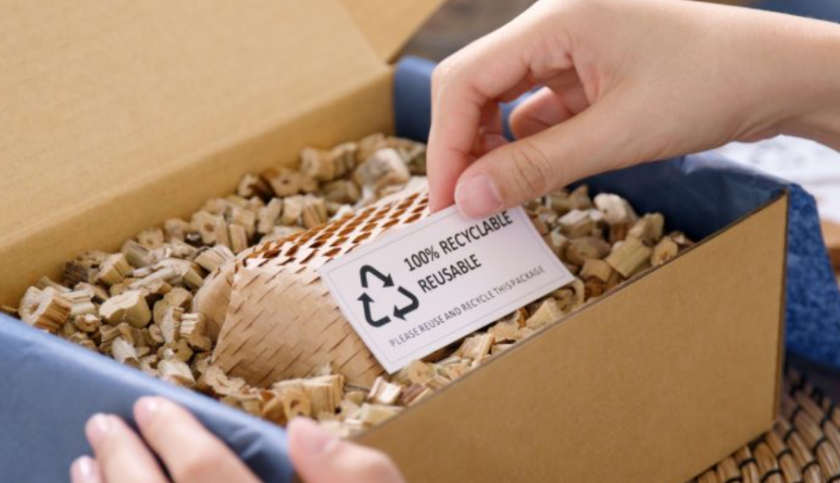 Grossman Marketing Group, a fourth-generation marketing services firm based in Somerville, Mass., has launched SwagCycle, a startup focused on responsibly managing the lifecycle of branded merchandise.
Grossman Marketing Group, a fourth-generation marketing services firm based in Somerville, Mass., has launched SwagCycle, a startup focused on responsibly managing the lifecycle of branded merchandise.
Ben Grossman, co-president of Grossman Marketing and founding director of the firm’s Green Marketing and Sustainability Practice, said SwagCycle will allow companies to repurpose their unwanted branded items in a responsible, ethical and affordable way.
This includes everything from T-shirts, hats and other textiles, to business cards, bags, mugs, pens and event signage.
“When companies rebrand, get acquired, or complete a marketing campaign, unfortunately obsolete branded merchandise may end up in landfills,” Grossman said. “That’s bad for the environment and it’s bad for a company’s corporate image. By leveraging our proprietary network of recycling firms and charitable partners, we can turn potentially harmful decisions into helpful alternatives.”
The U.S. Environmental Protection Agency reported that in 2015 a mere 15 percent of textile waste was recycled, while 65 percent ended up in landfills. According to the Secondary Materials and Recycled Textiles Association (SMART), clothing and other textiles account for 6.3 percent of the waste stream in the U.S., or a shocking 81 lbs. per person per year.
However, according to Grossman, “the days of tossing loads of unwanted goods into a dumpster are numbered.” In a 2018 Nielsen global online survey, 81 percent of respondents felt strongly that companies should help improve the environment. Another survey from Stanford University noted that more than 90 percent of CEOs and 67 percent of business school students in the U.S. believe that sustainability is important to a company’s success.
Grossman said SwagCycle offers a simple and efficient three-step process to address the sustainability challenges that corporations face:
- Assess the inventory of unwanted items
- Confirm brand guidelines to determine if excess items can live on with charitable partners or should be recycled
- Match items with an appropriate charity or one of Grossman’s best-in-class recycling partners
“While recycling is a good option, donating to a worthy cause is the best choice,” Grossman added.
He noted that Second Chances, a SwagCycle partner, accepts donations of clothing, shoes and accessories to assist homeless and lower-income people to better their lives and to help minimize the amount of discarded apparel sent to landfills. Other Grossman charitable partners include United Way, Jewish Big Brothers and Sisters, Boys and Girls Clubs of Boston, and Dress for Success.
 “Often companies are happy to donate obsolete promotional products, but have a tough time coordinating this process or don’t know the right organizations to reach out to,” Grossman said. “By vetting various charities, we ensure the right items go to the right charities to benefit the right people at the right time.”
“Often companies are happy to donate obsolete promotional products, but have a tough time coordinating this process or don’t know the right organizations to reach out to,” Grossman said. “By vetting various charities, we ensure the right items go to the right charities to benefit the right people at the right time.”
He also said that, as is the case with other forms of mass-produced and now unwanted goods, disposal of branded products is a significant sustainability issue.
“Socially responsible companies need disposal options that both consider the environmental and social impacts of the products they no longer need and enable them to reap the benefits of positive brand perception.”
For more information on Grossman Marketing, visit www.grossmanmarketing.com. For more information on SwagCycle, visit www.swagcycle.net.


